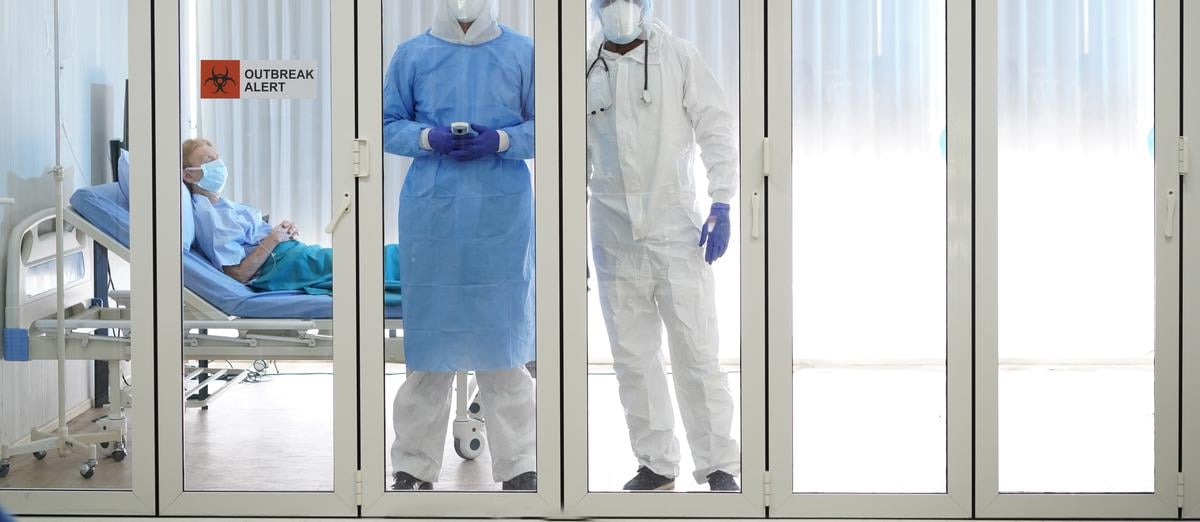
Kids with autism who speak more than one language tend to have fewer symptoms from their disorder. Being multilingual not only enhances their general cognitive abilities, but also helps them better control their daily thoughts and actions, researchers reported in a study published recently in the journal Autism Research. These results should alleviate worries some… read on > read on >
















.jpg)













